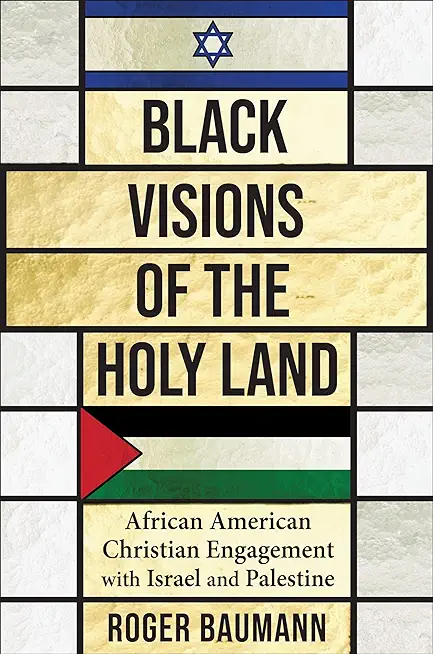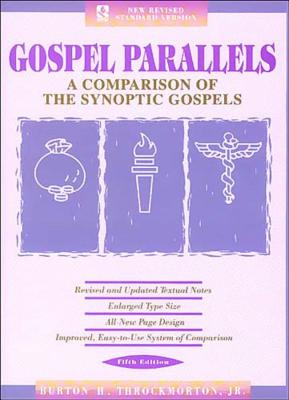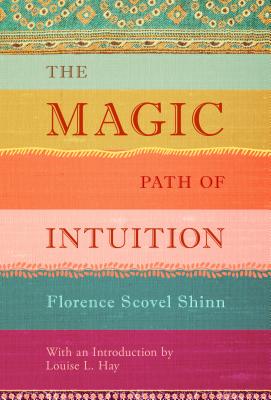
Baumann, Roger
product information
description
the civil rights movement, African American Christianity has been widely recognized as a potent force for social change. Most attention to the political significance of Black churches, however, focuses on domestic protest and electoral politics. Yet some Black churches take a deep interest in the global issue of Israel and Palestine. Why would African American Christians get involved--and even take sides--in Palestine and Israel, and what does that reveal about the political significance of "the Black Church" today? This book examines African American Christian involvement in Israel and Palestine to show how competing visions of "the Black Church" are changing through transnational political engagement. Considering cases ranging from African American Christian Zionists to Palestinian solidarity activists, Roger Baumann traces how Black religious politics transcend domestic arenas and enter global spaces. These cases, he argues, illuminate how the meaning of the ostensibly singular and unifying category of "the Black Church"--spanning its history, identity, culture, and mission--is deeply contested at every turn. Black Visions of the Holy Land offers new insights into how Black churches understand their political role and social significance; the ways race, religion, and politics both converge and diverge; and why the meaning of overlapping racial and religious identities shifts when moving from national to global contexts.
member goods
No member items were found under this heading.
listens & views

20TH CENTURY HARPSICHORD MUSIC
by ROSNER / PINKHAM / D'AMOUR / HARBACH
COMPACT DISCout of stock
$16.49
Return Policy
All sales are final
Shipping
No special shipping considerations available.
Shipping fees determined at checkout.






